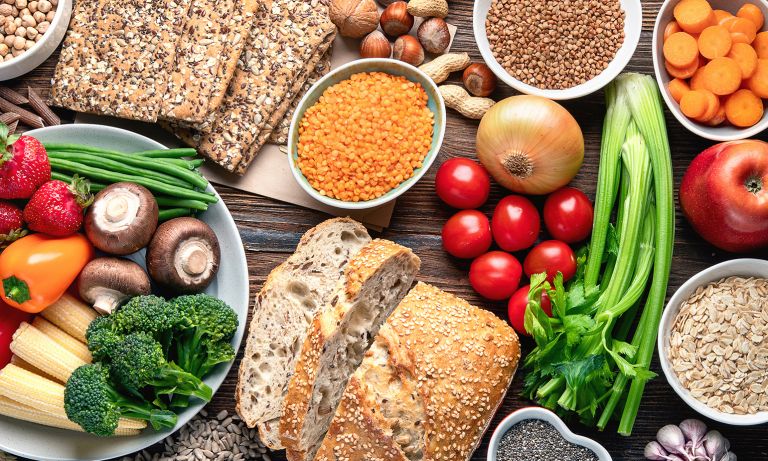Researchers have referred to radical restrictions on junk food in UK hospitals after an audit of NHS fitness centers observed that humans overwhelmingly sold unhealthy snacks and liquids at the premises. Three-quarters of the fine-promoting snacks in health facility cafes and canteens had been rated as bad, along with half of the most famous cold drinks, according to a document via the audit’s authors. Moreover, despite hospitals taking steps to sell more healthy ingesting, the audit discovered that a scientific group of workers, sufferers, and visitors tended to shun nutritious snacks in favor of crisps, goodies, desserts, and different baked foods together with pastries and muffins.
For energy, fats, and sugar content, the baked items scored the very best of all of the snacks available at hospitals that took element within the audit. However, only five of the 20 pinnacle-selling snacks have been observed to be wholesome. In an initial and unpublished report on the audit, fitness psychologists at the University of Aberdeen held again from providing an outright ban on junk meals, however, cautioned caps should restrict the calorie, fats, sugar, and salt content material individual items. Alternatively, hospitals and on-site shops must use behavioral “nudges” to encourage humans to buy more healthy foods, they write.

The researchers visited all the NHS hospitals in a first-rate unnamed UK town to carry out the audit. They recorded the snacks and beverages on sale in canteens, cafes, stores with eating areas, and merchandising machines. They then used data of more than 68,000 purchases from six of the outlets to get a sense of the most famous items. The audit discovered that while hospitals presented healthy alternatives, including apple and grape baggage, water, and black tea, different gadgets had been naturally extra tempting. Among the junk food alternatives have been red meat pies with 39g of fat, fizzy beverages with 65g of sugar, and slices of raspberry cake that contained 641 energy. The average female desires approximately 2,000 energy a day.
Prof Dame Theresa Marteau, director of the Behaviour and Health Research Unit at the University of Cambridge, who become not concerned within the audit, said the use of caps to make certain only healthier snacks had been offered in hospitals will be “a potent intervention.” “Considering the excessive quotes of obesity in youngsters and adults, it is difficult to justify a clinic promoting a slice of cake at 641 calories, nearly a third of a woman’s daily energy requirements,” she said. “Those trying to devour unhealthier snacks would now not be banned from doing so, but they might need to bring those with them to the health center.”
Providing unhealthy food in hospitals can generate what Marteau calls a “fitness halo” that makes people understand junk food as extra wholesome. In 2006, US researchers verified the impact by showing that site visitors rated McDonald’s as greater healthful when the restaurants had been a part of kids’ hospitals. As a result, the NHS has begun to improve the meals on offer in hospitals. By March 2017, Scottish hospitals had to make certain that at least half of-of the products they offered met “greater dietary standards.” In the equal year, NHS England commenced offering cash incentives to hospitals if 80% of their snacks had fewer than 250 calories.
But Aseem Malhotra, an NHS representative cardiologist and professor of evidence-based totally medicinal drug, stated the measures were now not enough. “We need to be a great deal greater radical given in which we’re with the obesity epidemic. Hospitals have to be setting an example,” he stated. “We need to ban the sale of junk food completely in hospitals. If people want to buy this stuff, that’s excellent, they could go out and get it, but hospitals should no longer be promoting it. They ought to be promoting first-rate, healthy meals.”
Malhotra, who campaigns for a higher food environment in hospitals, has referred to a ban on junk food before. The contemporary audit, he said, shows how the snacks on provide and how they’re promoted drive the selections human beings make, whether they’re traffic and patients or docs and nurses. The Department of Health and Social Care estimates that more than half of the NHS workforce are both obese or overweight, levels similar to the ones found in most people. “We’ve were given into this case due to the fact we’ve normalized the intake of ultra-processed meals as part of our each day diet,” Malhotra stated. “If you stroll into any sanatorium, even though they have got healthy alternatives to be had, most of the meals that are outstanding is ultra-processed junk food. We need to say enough is enough.”








